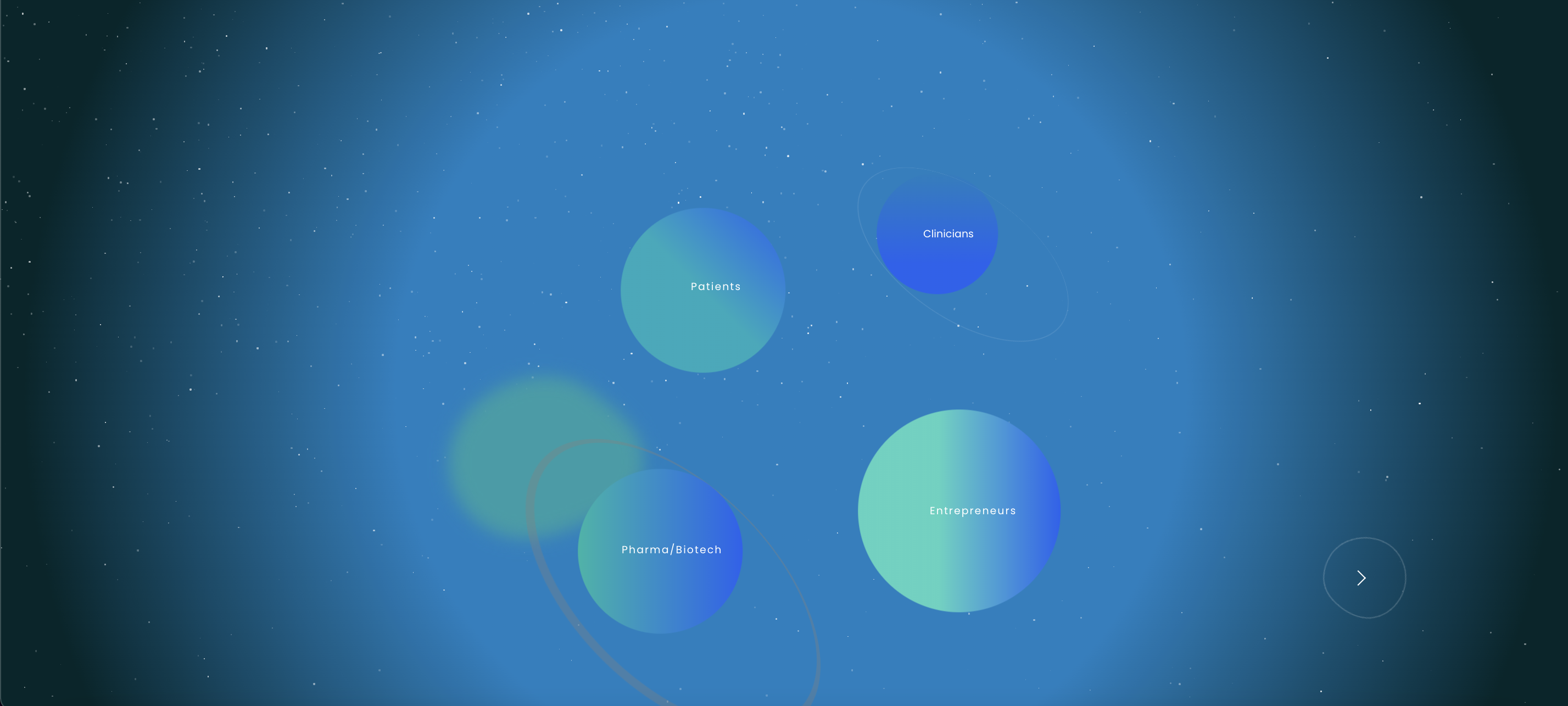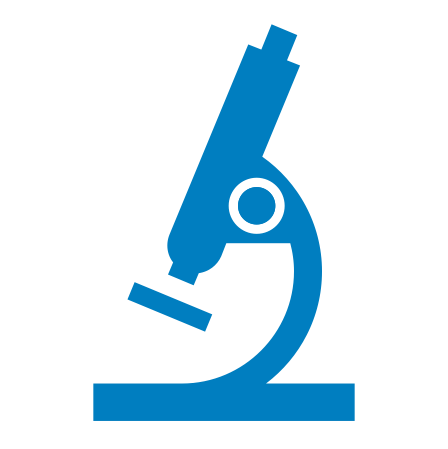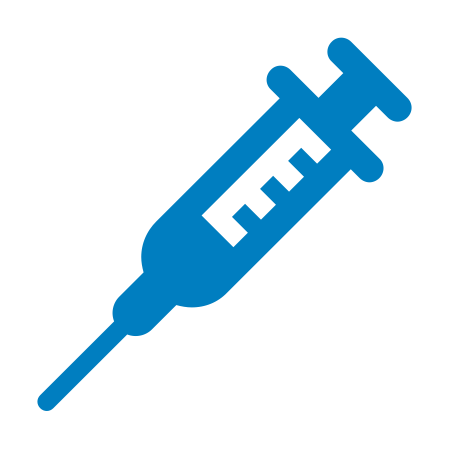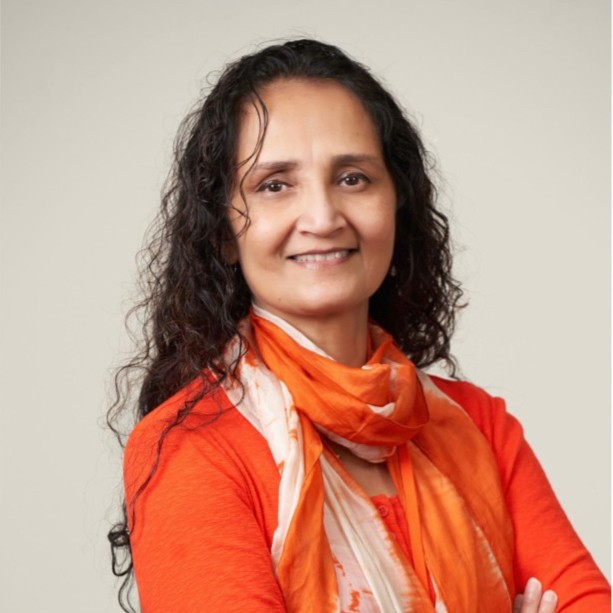
Biolara powers an integrated pathway for equitable global access to precision oncology: connecting innovators, clinicians and systems to deliver personalized care where it’s needed most.
Biolara powers an integrated pathway for equitable global access to precision oncology: connecting innovators, clinicians and systems to deliver personalized care where it’s needed most.

CTC/CTdna based early detection >>
Cancer vaccines >>

Digital Pathology >>
Next gen multiomics >>

AI/ML based diagnosis >>
Nano and Imaging solutions >>
Novel Assays >>

Treatment matching by AI >>
clinical trial enableling platforms >>
Telemedicine Platforms >>

Immunooncology >>
Stem cell >>
Cell based Therapies >>
Gene editing (CRISPR) >>
Cancer vaccines >>

CTC based techniques >>
Synthetic biology >>

One major area in enabling equitable access to cancer treatment and screening, is the harmonization of resources to push the boundaries of collaborative R&D. Our R&D partnering program allows for cutting-edge technology to be developed and deployed by leveraging infrastructure and resources available in developing nations such as India. By reducing overheads and enhancing efficiency, it enables biotech companies to price products more affordably or obtain insights for differential pricing in varied geographies and provide effective therapeutic
At Biolara, we foster directed working groups of patients, clinicians, and ecosystem partners to enhance awareness, reach, and impact of cancer-related programs and innovation pathways.
The aim is to synergize communication across stakeholders — between patients, between clinicians, between industry experts, and across all three — thereby accelerating the dissemination of critical knowledge on different cancer types, biomarkers, and care models.
Interdisciplinary teams are crucial for solving fragmented and underserved problems, from rare cancers to regional access barriers and the adoption of new technologies. By combining the perspectives of patients, physicians, and life science partners, we can foster innovation and bridge existing gaps.
This model is particularly valuable in regions where comprehensive tertiary care is scarce and where collaborative, decentralized models of cancer care and education are urgently needed.
In many low- and middle-income countries, patients with advanced or rare cancers have few options once standard treatments are exhausted.
Access to clinical trials, support programs, or compassionate use therapies remains limited — despite global innovation.
Biolara connects oncology stakeholders across geographies to expand access, enabling patients, clinicians, and innovators to discover and align around timely, ethical treatment alternatives.

CTC/CTdna based early detection >>
Cancer vaccines >>

Digital Pathology >>
Next gen multiomics >>

AI/ML based diagnosis >>
Nano and Imaging solutions >>
Novel Assays >>

Treatment matching by AI >>
clinical trial enableling platforms >>
Telemedicine Platforms >>

Immunooncology >>
Stem cell >>
Cell based Therapies >>
Gene editing (CRISPR) >>
Cancer vaccines >>

CTC based techniques >>
Synthetic biology >>

One major area in enabling equitable access to cancer treatment and screening, is the harmonization of resources to push the boundaries of collaborative R&D. Our R&D partnering program allows for cutting-edge technology to be developed and deployed by leveraging infrastructure and resources available in developing nations such as India. By reducing overheads and enhancing efficiency, it enables biotech companies to price products more affordably or obtain insights for differential pricing in varied geographies and provide effective therapeutic
At Biolara, we foster directed working groups of patients, clinicians, and ecosystem partners to enhance awareness, reach, and impact of cancer-related programs and innovation pathways.
The aim is to synergize communication across stakeholders — between patients, between clinicians, between industry experts, and across all three — thereby accelerating the dissemination of critical knowledge on different cancer types, biomarkers, and care models.
Interdisciplinary teams are crucial for solving fragmented and underserved problems, from rare cancers to regional access barriers and the adoption of new technologies. By combining the perspectives of patients, physicians, and life science partners, we can foster innovation and bridge existing gaps.
This model is particularly valuable in regions where comprehensive tertiary care is scarce and where collaborative, decentralized models of cancer care and education are urgently needed.
In many low- and middle-income countries, patients with advanced or rare cancers have few options once standard treatments are exhausted.
Access to clinical trials, support programs, or compassionate use therapies remains limited — despite global innovation.
Biolara connects oncology stakeholders across geographies to expand access, enabling patients, clinicians, and innovators to discover and align around timely, ethical treatment alternatives.